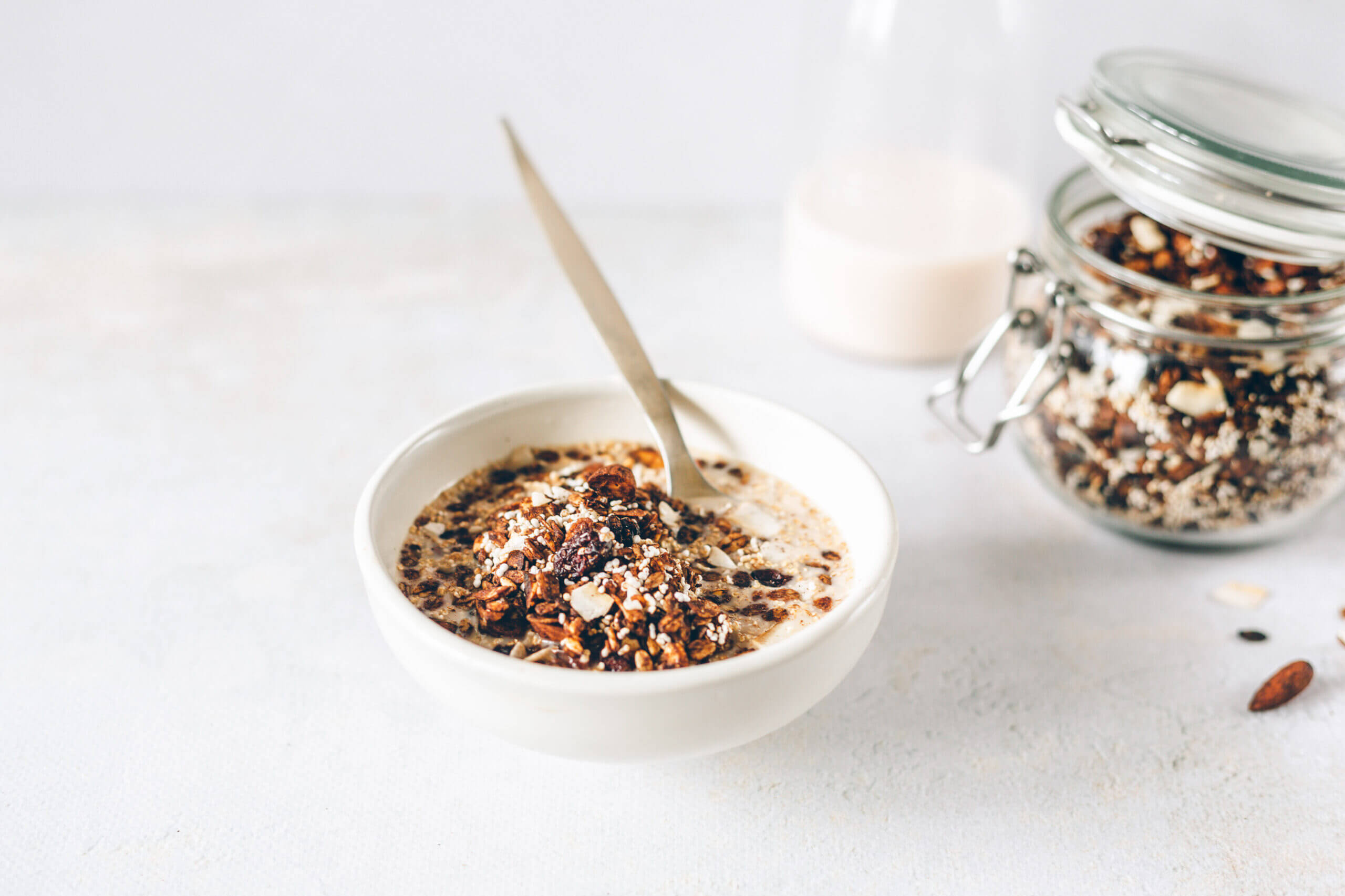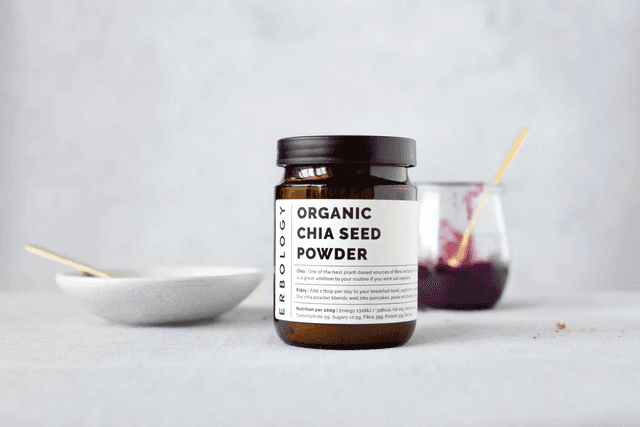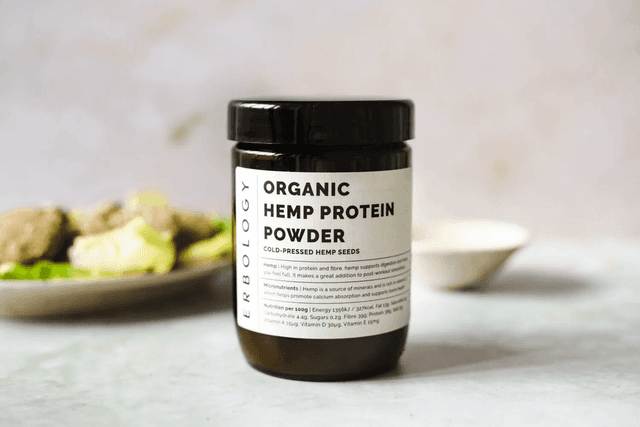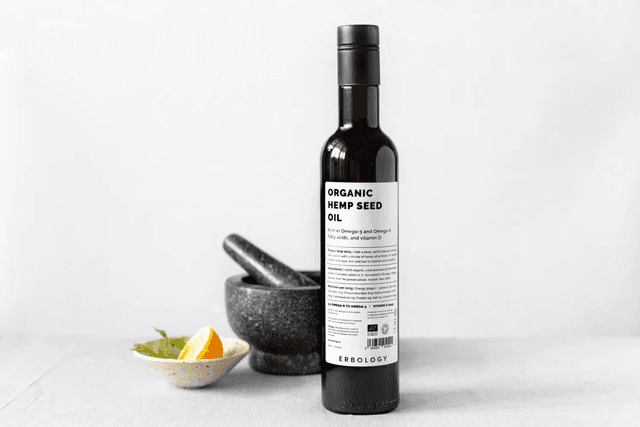17 Mar 2022
What diet is best for menopause?
What is menopause?
Menopause is a physiological occurrence in a woman’s life which tends to take place anywhere between the ages of 45 to 55 for most women. However it can also happen earlier or later in some women. During this period, a woman’s menstrual cycles stop. In fact, menopause officially begins 12 months after the last menstrual period. Moreover, the period leading up to menopause is called “perimenopause”, this is what is often referred to when women are “going through” menopause.
Natural changes in the body
During perimenopause, a woman's body goes through many changes. In fact, the main physiological change is a significant decrease in the production of oestrogen and progesterone. Moreover, given that oestrogen levels decrease, a woman's periods may become irregular and consequently lead to a loss of fertility. In addition, other bodily changes can include an increase in blood pressure and cholesterol levels as well as a loss of calcium from bones.
Many women report weight gain, hot flashes, irritability and headaches amongst the symptoms of perimenopause. Low oestrogen is the main cause of these symptoms, which can last between a few months and several years. However, the severity and types of symptoms can vary from one person to another.
Fortunately there are many strategies available to manage the symptoms of a menopausal transition. Many women are able to lead active and fulfilling lives during this time as well as afterwards, and treatment and support is available for those who experience symptoms. Maintaining a healthy diet and exercising regularly can have significantly beneficial effects on overall health and well-being during menopause.
Bone health and osteoporosis
Firstly, bone health is especially important in menopausal women. In fact, osteoporosis affects about 1 in 3 women after menopause. Moreover, the risk of fractures due to osteoporosis is higher than that of breast cancer in postmenopausal women.
Fortunately, the risk of developing osteoporosis or fractures can be controlled through positive lifestyle changes. For example, adequate intakes of calcium, vitamin D and protein in the diet help to maintain healthy and strong bones. Additionally, exercising regularly and including resistance training into your exercise routine, limiting alcohol intake and avoiding smoking can also greatly benefit bone health.(1)

The importance of calcium and vitamin D
High intakes of dietary calcium can significantly improve bone mineral composition and bone mineral density, thus reducing the risk of fractures in menopause. However, studies conducted in postmenopausal women show that calcium alone is not enough to reduce fracture risk. In fact, calcium and vitamin D combined produce the most favourable effects for bone health.(2)
Moreover, we should approach calcium supplements with caution. In fact, a meta-analysis found that calcium supplements, especially when taken without vitamin D, are linked to an increased risk of heart disease. However, it seems the literature did not observe this increased cardiovascular risk with food sources of calcium. Therefore, it may be preferable to consume naturally occurring calcium from foods.(3)
Chia seeds contain over 600mg of calcium per 100g, which is about 5 times more calcium than regular cow’s milk. Try adding a teaspoon of our organic chia seed powder to your morning smoothie or porridge, or perhaps sprinkle it inside your soup or on top of salads for a boost of calcium, protein and fibre.

In addition, most of our vitamin D comes from sunlight exposure, however sunlight alone is often not enough to meet our requirements, especially during the winter months. Furthermore, women over the age of 65 have higher requirements for vitamin D due to an increased risk of osteoporosis. Hemp seeds and hemp seed oil are an excellent source of vitamin D. In fact, just one tablespoon of hemp seed oil provides about 40% of your daily vitamin D requirements.


